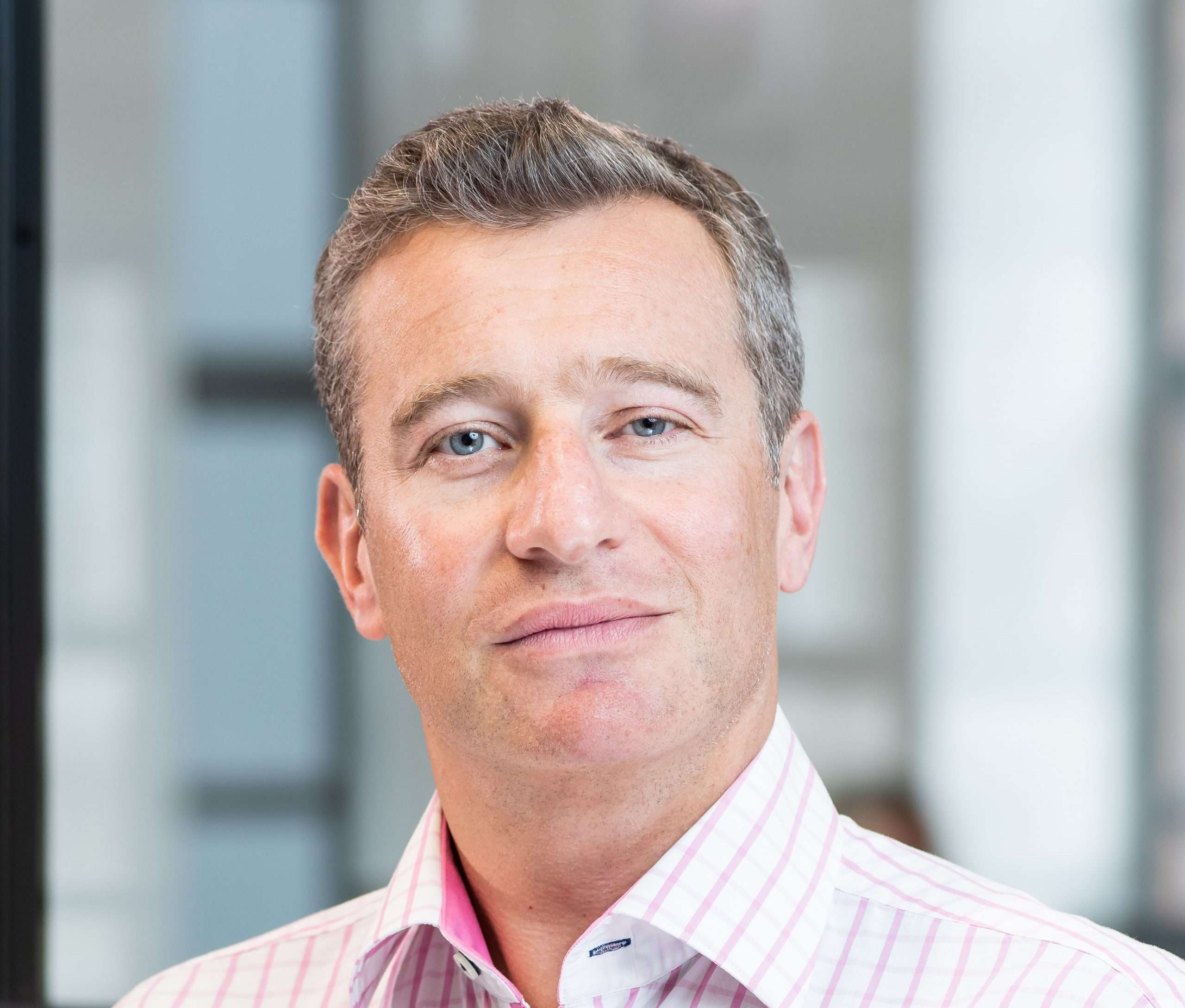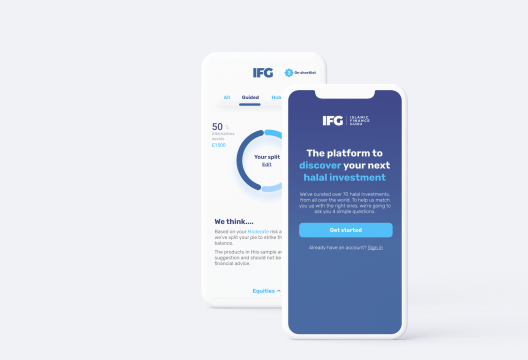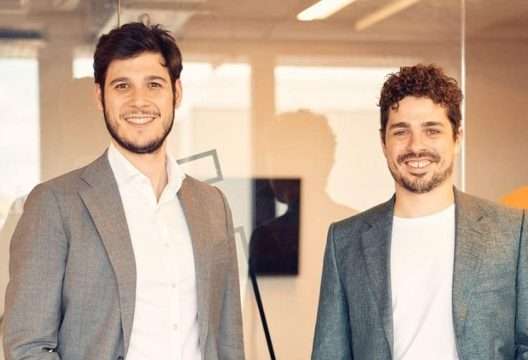
Tim is the Co-Founder and CEO of Augmentum Fintech – a leading fintech-focused VC fund who have backed the likes of interactive investor, Tide and Monese (snap!) to name a few. We’ve shared some snippets from our conversation with Tim, from Augmentum’s early days through to the investment that has surprised him the most…
What drove you to set up Augmentum Capital in 2010?
I often refer to myself as an accidental venture capitalist. I’ve had quite a long entrepreneurial career; before starting Augmentum I co-founded Flutter – more widely known after it merged with Betfair.com – which raised money in the late 90s/early 2000s from some of the earliest VCs in Europe. When I came out of that journey, I felt there was a lack of entrepreneurial DNA in the European venture community. For me the opportunity to create a fund that had a different approach, philosophy, and dynamic was compelling. I was fortunate enough to have a conversation with Jacob Rothschild who decided to take a punt on me. We talked a lot about where the opportunity lay in European venture and financial services was one of the underpenetrated areas. This was Augmentum 1.0. Now we’re on Augmentum 2.0…
What have been some of the biggest changes to the European landscape over the last decade?
Historically there was quite a lot of cynicism, particularly from the US, that was directed towards European tech founders as they often sold too quickly, however in their defence it was hard to build big tech businesses in Europe at the time. This is in stark contrast to today where you can’t walk down the street without bumping into a North American investor looking to get exposure to European tech – fintech especially. It’s taken a while but we’re now enjoying the golden age, and hopefully it will continue to be that way. We have a generation of fantastic tech entrepreneurs who are on their second or third business within a thriving ecosystem that boasts access to capital at every stage.
The profile of VC funds is changing too, we’re starting to see more diverse teams – people aren’t just talking about the importance of diversity but are actually doing something about it. We also have a generation of operators who’ve been in the industry, who’ve built unicorns and are becoming VCs or angel investors themselves.
The profile of VC funds is changing...people aren't just talking about the importance of diversity but are actually doing something about it.
As a consultant turned serial entrepreneur with an education in Russian Studies, have you identified common traits, characteristics or experiences that makes one excel as a venture capitalist?
There is no playbook for how to become a venture investor. What you can’t have is a team of likeminded people who are all aligned and agree with each other, you need the right amount of tension around the table to debate and ultimately say yes, or no.
At Augmentum we are very entrepreneurial. From the start we have been intentional in hiring people that want to be part of something from the ground up. That’s quite different to bringing in an Analyst or Associate at one of the larger, longer-established funds who have strong track records, much more rigour and structure and where the path will be clearer. We focus on the energy and ambition one can bring vs. prioritising specific previous experience.
As companies scale to series C and beyond, what have you seen to be the biggest challenge for the founders?
Each stage of fundraising requires a very different skillset and some Founders struggle to adapt as you almost have to reinvent yourself at each stage. While we try and help Founders maximise their capability, we are mindful of not forcing them into a position where they might fail. So my job isn’t just about providing capital it’s also about helping Founders collaboratively make decisions on creating the most effective leadership teams at various stages of the business. While these conversations can at first be difficult, especially when you identify someone who is struggling, what you learn is that they typically aren’t enjoying the experience, and it’s often a relief from their perspective to be able to take a step back and hand over leadership to a more experienced team. This can make the difference in growing a business from $50 million to $1 billion.
To end, tell us about an investment that has surprised you the most – positive or negative and why?
When we invested in interactive investor in 2015, they were regarded by some as a tired business that wasn’t going anywhere. Today they have over £50 billion in assets under administration, half a million customers and are a major challenger to Hargreaves Lansdown and the like.
I always felt that wealth management was a space that had been overlooked and interactive investor was one of those companies with good potential but that required patience and belief. I’d say that was one where we certainly were very contrarian at the time and a lot of people scratched their heads. This investment looks set to be one of our outlier success stories that took years to materialise and reinforces my view that venture is not about overnight unicorns, despite the fact that I read all the time about these amazing businesses that go from zero to a billion in a year. This approach might take a little bit longer at times but if you are patient and focus on fundamentals it can certainly pay off.
About the author

D'Arcy Whelan
Investment Associate
Raised by Irish parents in Johannesburg – and armed with an Art History degree – D’Arcy completed a stint in brand strategy before pivoting to the world of finance, determined to find a role where clarity and creativity of thought thrived. Since joining Outward, she’s never looked back.



